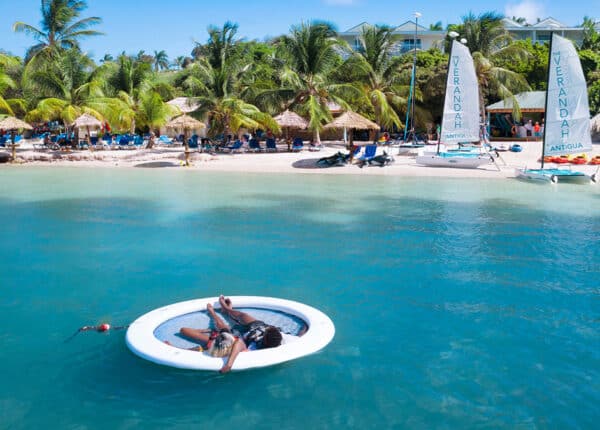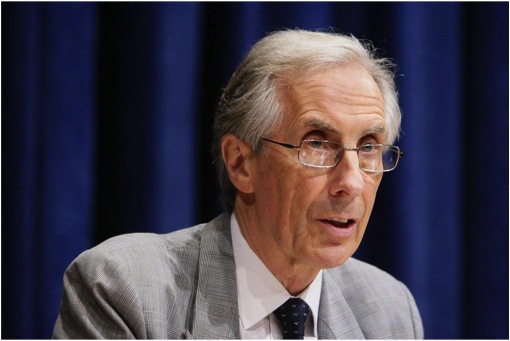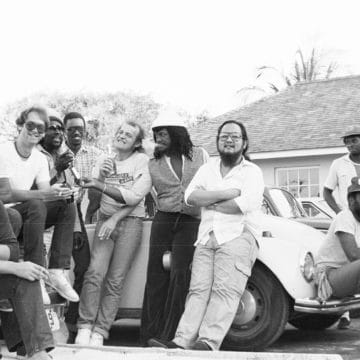Above: Nigel Fisher (UN Photo)
By the Caribbean Journal staff
There have been significant advances in Haiti in the areas of education, health, job creation and infrastructure, among others, according to Nigel Fisher, deputy special representative of UN Secretary General Ban Ki-moon for Haiti.
Fisher said large-scale recovery projects were already starting to have a visible impact in the country.
“In July 2010, 1.5 million Haitians were sheltered in camps receiving clean water, food, medical care and access to latrines,” he said. “Today, 500,000 people are still in those camps. While this is still a significant number, it represents a two-thirds reduction in just over a year.”
Fisher emphasized, however, that in order to provide an integral picture of the situation in the country, pre-earthquake conditions needed to be considered — when Haiti was already the poorest country in the hemisphere.
“[Before the earthquake] three quarters of the population earned and still earn less than two dollars a day, 70 percent did not have stable jobs, more than half of children did not go to school, and the great majority — about 70 to 80 percent — had no access to electricity, and only five percent of roads were in decent conditions.”
Progress should be put into context, he said. For example, Haiti has managed to get rid of almost 50 percent of debris, or five million cubic metres; in contrast, it took five and a half years to remove 1.3 million cubic metres in Aceh after it was hit by a tsunami in 2006.
“The suggestion that no progress has been achieved is to paint a false picture,” Fisher said.







